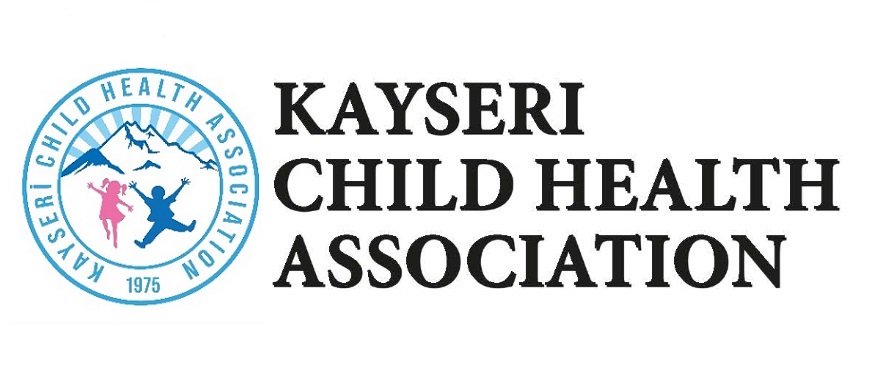Lipid Emulsion Treatment in Tricyclic Antidepressant Poisoning in Children: An Observational Cohort Study
Lipid Emulsion Treatment
DOI:
https://doi.org/10.51271/jpea-2021-0113Keywords:
Intravenous lipid emulsions, Tricyclic antidepressant, Poisoning, ChildAbstract
Tricyclic antidepressant (TCA) poisonings are among the most common childhood poisonings because of being cheap and readily available. In this manuscript, we aimed to share our experience with Intravenous lipid emulsions (ILE) treatment in addition to basic treatment steps and discussion of effectiveness of treatment in cases of poisoning caused by high-dose TCA intake. From the patients under 18 years of age who admitted to Pediatric Emergency Department due to drug intoxication between January 2014 and December 2019; those who had history of exposure to TCAs were included in our study. In conclusion of examination of six-year patient records, it was determined that there were a total of 619 intoxication cases and 108 (17.4%) of these were TCA poisoning. 21 (19.4%) patients who had hypotension, tachycardia and ECG changes which were refractory to all basic treatment steps were administered ILE. After ILE treatment, a marked improvement was observed in patients’ clinical and ECG findings, as well as vital signs. Early administration of ILE treatment in emergency departments for cases with hypotension, conduction disorder, dysrhythmia or widened QRS which are refractory to sodium bicarbonate is thought to prevent potential cardiovascular complications.









